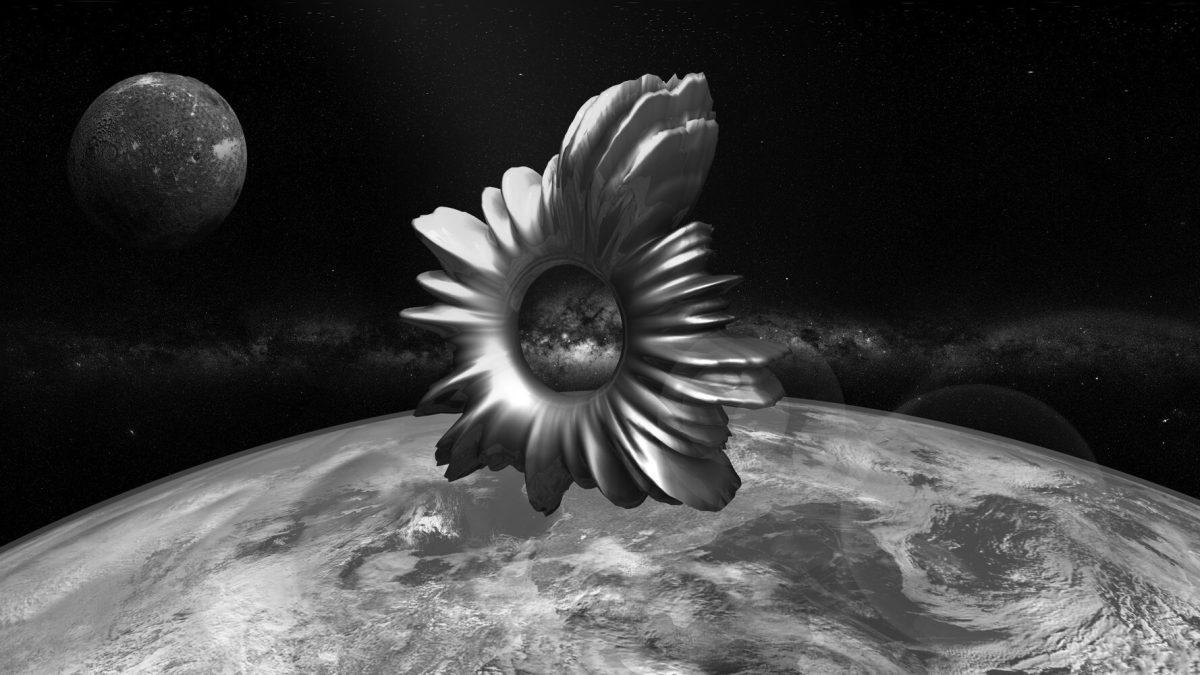By Rodin Batcheller
Sports Editor
In 2014, Eyal Gever, a renowned Israeli artist, began a global collaborative project called #Laugh that officially launched in 2016. It will be the first piece of art to be created in space from recorded laughter and printed on a pre-installed zero-gravity 3D-printer aboard the International Space Station (ISS).
#Laugh invites the public to download an app that generates a unique ‘star,’ or digital 3D sculpture, based on the sound of their recorded laughter. The project is a collaboration between Gever and UK app developers Platoon and Made in Space.
People around the world will be able to record themselves laughing, visualize the recording via an app and share it with their friends. The laughter with the most shares and retweets after three months will be sent to the ISS.
“Laughter reminds people that there is beauty in humanity,” Gever told CNN.
Although some admire that there will be a piece of art floating in space, others are concerned about its potential harm. Since humans started sendingspaceships and satellites into Earth’s orbit in the last century, the skies have become cluttered with space junk, ranging from chunks of old satellites to tools dropped during spacewalks that now circle the globe at rapid speeds.
“An object up to 1 cm in size could disable an instrument or a critical flight system on a satellite,” reported the European Space Agency. “Anything above 1 cm could penetrate the shields of the [ISS’] crew modules, and anything larger than 10 cm could shatter a satellite or spacecraft into pieces.”
Gever is a well-known digital artist and entrepreneur with more than 18 years of experience in developing proprietary 3D technologies. When first starting, he knew that the project carried onerous responsibilities, including a subject that had universal appeal and was neither country nor culturally specific.
Gever wanted to focus on creating art of an emotion that is loved and treasured by all. After working a range of ideas, he settled on laughter.
“Lately, the world seems to be dominated by racism and the rise of [partisan] politics. Laughter is something we can all do, and that unifies us,” said Gever.


